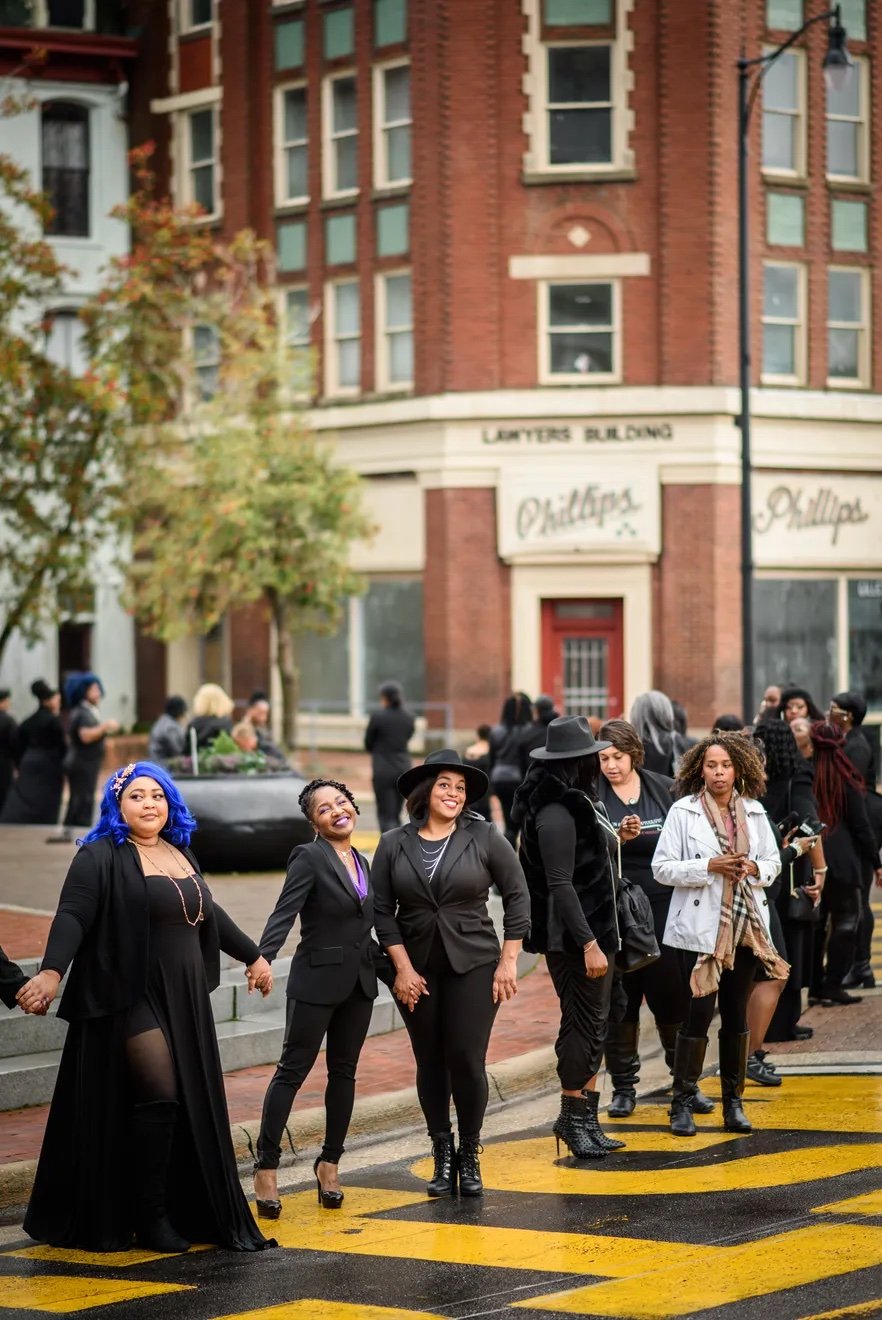Fayetteville Observer
“We’ve made a concerted effort to listen to people in the Black community about what they want from us — not just what we think they want from us.”
That’s how Editor Beth Hutson describes the approach taken at The Fayetteville (N.C.) Observer over the past couple of years. Listening has been at the heart of the effort.
Founded in 1816, the historic newspaper is the oldest local paper published in the state. Over the course of that long history, Hutson writes, the newspaper’s relationship with the Black community has ranged “from active harm (running ads for enslaved people or running an endless stream of mugshots) to neglect (not adequately covering issues important to Black people in our community).”
Resetting the relationship
African Americans comprise 40 percent of the population of Cumberland County, N.C. Here’s how Hutson described the newspaper’s vision for how it wanted to do better by its Black neighbors:
As our area grows in diversity, we knew deepening and broadening our engagement with Black residents was not only the right thing to do from a moral standpoint, but also a smart thing to do if we wanted to continue to grow our readership.
To that end, we came up with a challenge statement that we felt perfectly encapsulated our goals: We will strive to earn the trust of Black residents, whom we’ve neglected in the past, by providing essential news, content and experiences that are worth paying for and useful in their lives.
Check this out >> In the same article for Better News, Hutson outlines six strategies for how the paper intentionally sought the perspectives of Black community members and formed new partnerships that have built trust and produced compelling content at the same time. The effort was part of the Knight-Lenfest Newsroom Initiative.
While the newsroom has worked to improve its own diversity, the opportunity to hear from community members prompted story ideas the staff had not considered before. It also helped the newsroom focus on pursuing the specific types of stories Black community members said they wanted to see. Those included more stories about people helping their community and local people doing great things, but also digging into issues that particularly affect Black people.
People also wanted more stories about children and teens, helping to inspire “Future Black History Makers” in partnership with the local school district.
Fayetteville Observer Opinion Editor Myron B. Pitts speaks to families during the Observer’s reception for its 2023 Future Black History Makers. (Andrew Craft/The Fayetteville Observer)
Senior Photographer Andrew Craft interviews a young honoree during the reception. (Paul Woolverton/The Fayetteville Observer)
Portraits by Andrew Craft, The Fayetteville Observer
Targeted listening
In addition to its broad focus on earning trust in the Black community, The Fayetteville Observer has also added a focus on connecting with Black professional women ages 30-45 as “some of the biggest movers and shakers in our community.”
In this story for Better News, Hutson details how this effort evolved from the newsroom’s initiative to take on a life of its own.
Hutson and colleagues Myron B. Pitts and Taylor Shook started by working together to grow their list of connections in their target audience, including by going to community events and meeting new people.
They invited a dozen women to an inaugural “Your Story Matters” listening session, asking each invitee to bring a friend. The event was small but got the momentum started, with connections continuing through a Facebook group. Feedback from the participants directly shaped how the staff tweaked the format for a second session.
Letting the audience lead
According to Hutson: “The most incredible result of our work had very little to do with us and everything to do with one woman, Tiffany Campbell, who participated in both of our listening sessions.”
Campbell, a youth counselor and community activist, was inspired by the sessions to organize a networking group for Black professional women in the community. She produced 100 Professional Black Women, an event and photo shoot in which more than 150 women and girls gathered dressed in black. They circled the historic Market House, where enslaved people once were sold, holding hands and singing uplifting songs.
Campbell has gone on the organize a separate Facebook group for the women and to hold a similar event for Black men.
“Beyond news coverage, we have played a background role because this has taken on a life of its own beyond the Observer, and that is great to see,” Hutson wrote.
Photos by Andrew Craft/The Fayetteville Observer | View the gallery >>






